LATVIJA.FM
Modern Latvian Writers You Should Know
While Latvia’s literary heritage stretches back centuries—rooted in folklore, resistance, and poetic introspection—its modern literary scene is alive with bold voices and fresh narratives. In recent decades, a new generation of Latvian writers has emerged, offering powerful insights into identity, memory, and the evolving national psyche. Writing in Latvian but increasingly translated into English and other languages, these authors are introducing the world to the country’s complex past and vibrant present through deeply human stories.
A New Literary Generation with Old Souls
Many modern Latvian writers carry the legacy of the 20th century with them: Soviet occupation, the struggle for independence, the trauma of war and exile. But instead of retelling history, they reinterpret it—blending the personal with the political, and the mythical with the mundane. Their work is not about glorifying the past, but examining how it shapes today’s lives.
At the forefront of this literary movement is Nora Ikstena, whose novel Soviet Milk has become one of the most internationally acclaimed Latvian books of recent decades. Translated into over a dozen languages, including English by Margita Gailītis, it tells the story of a mother and daughter navigating the emotional and ideological repression of Soviet Latvia. With lyrical intensity and devastating honesty, Ikstena explores maternal love, intellectual suffocation, and the cost of silence—rendering history intimate and unforgettable.
At the forefront of this literary movement is Nora Ikstena, whose novel Soviet Milk has become one of the most internationally acclaimed Latvian books of recent decades. Translated into over a dozen languages, including English by Margita Gailītis, it tells the story of a mother and daughter navigating the emotional and ideological repression of Soviet Latvia. With lyrical intensity and devastating honesty, Ikstena explores maternal love, intellectual suffocation, and the cost of silence—rendering history intimate and unforgettable.
Fiction Rooted in Memory, Language, and Landscape
Another compelling voice is Inga Ābele, known for her richly textured prose and psychological depth. Her novel High Tide offers a deeply introspective look at rural life, emotional isolation, and the weight of personal history. Ābele's writing is praised for its poetic style, shifting timelines, and unflinching portrayal of internal struggle—a style that mirrors Latvia’s own confrontation with its past.
In contrast, Osvalds Zebris brings a taut, cinematic style to his storytelling. His award-winning novel In the Shadow of Rooster Hill, part of the European Union Prize for Literature series, reconstructs the chaotic aftermath of Latvia’s 1905 Revolution. Through the eyes of an ordinary man caught between loyalty and survival, Zebris evokes moral ambiguity and the quiet tragedy of political upheaval.
Then there is Jānis Joņevs, whose debut novel Jelgava 94 is a cult favorite among readers. Set in post-Soviet Latvia during the rise of underground metal culture, the book is a coming-of-age memoir filled with humor, rebellion, and existential searching. It captures a generation of youth finding their voice in the ruins of an empire—making it both nostalgic and sharply relevant.
In contrast, Osvalds Zebris brings a taut, cinematic style to his storytelling. His award-winning novel In the Shadow of Rooster Hill, part of the European Union Prize for Literature series, reconstructs the chaotic aftermath of Latvia’s 1905 Revolution. Through the eyes of an ordinary man caught between loyalty and survival, Zebris evokes moral ambiguity and the quiet tragedy of political upheaval.
Then there is Jānis Joņevs, whose debut novel Jelgava 94 is a cult favorite among readers. Set in post-Soviet Latvia during the rise of underground metal culture, the book is a coming-of-age memoir filled with humor, rebellion, and existential searching. It captures a generation of youth finding their voice in the ruins of an empire—making it both nostalgic and sharply relevant.
Poetry That Speaks Across Borders
Latvian poetry, too, continues to flourish. Poets like Kārlis Vērdiņš and Marts Pujāts challenge traditional forms, writing with irony, tenderness, and often surreal clarity. Their works explore everything from queer identity and urban disconnection to cultural nostalgia and everyday absurdities. With growing international attention and frequent festival appearances, these poets are placing Latvian verse on the global literary map.
What makes these writers especially compelling is that they are not bound by genre or tradition. They weave autobiography with fiction, blend humor with heartbreak, and shift from realism to magic with ease. They write as citizens of Latvia, but also as participants in a wider European and global literary conversation.
What makes these writers especially compelling is that they are not bound by genre or tradition. They weave autobiography with fiction, blend humor with heartbreak, and shift from realism to magic with ease. They write as citizens of Latvia, but also as participants in a wider European and global literary conversation.
Where to Begin as a Reader
Thanks to ongoing efforts by the Latvian Literature platform and several European publishers, many of these authors are now available in English translation. Whether you’re drawn to raw psychological drama, historical reconstruction, or poetic introspection, modern Latvian literature offers a powerful reading experience that feels both grounded in place and startlingly universal.
These writers do not aim to explain Latvia to the world—they invite the world into Latvia, one sentence at a time. And in doing so, they prove that even in a small language, great literature echoes far.
These writers do not aim to explain Latvia to the world—they invite the world into Latvia, one sentence at a time. And in doing so, they prove that even in a small language, great literature echoes far.
